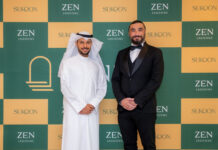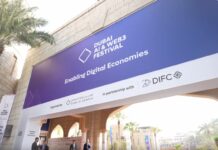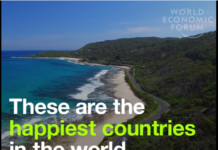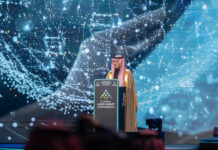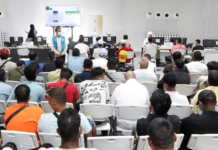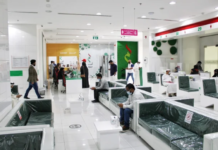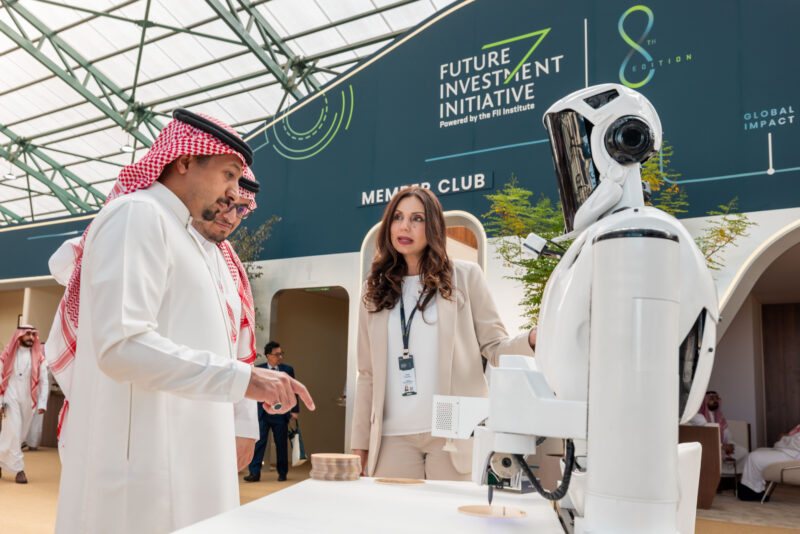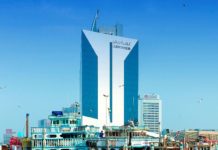By Anthon Garcia
Emerging technologies and investment strategies — and how they are shaping a more sustainable, innovation-driven future — took center stage at the recently held 8th Future Investment Initiative (FII) conference.
In a special address, H.E. Minh Chính Phạm, the prime minister of Vietnam, lauded the event’s theme: “Infinite Horizons: Investing Today, Shaping Tomorrow.” Speaking in the vernacular, he highlighted how the platform presents an opportunity to share ideas and propose investment initiatives for a sustainable, prosperous future.
During the Riyadh-hosted gathering, the prime minister also emphasized the global trends of political polarization, market diversification, green production, and digitalization — all of which demand collective action to address shared challenges responsibly and with foresight. He further noted the shared values of unity by Saudi Arabia and Vietnam, expressing hope that businesses and investors from Saudi Arabia, Vietnam, the Middle East, and beyond will collaborate to strengthen investment cooperation.
On AI and international relations and collaboration
Among the standout moments of FII8 was the session, “Board of Changemakers on Technology & Innovation.”
The panel, featuring leaders like Marcelo Claure (Claure Group, SHEIN), Alex Clavel (SoftBank Vision Funds), Hani Enaya (Sanabil Investments), Antonio J. Gracias (Valor Equity Partners), Vineet Mittal (Avaada Group), Dan Schulman (Valor Capital Group), Robert Smith (Vista Equity Partners), and Julie Sweet (Accenture), discussed the transformative potential of artificial intelligence (AI). Research shows that AI could generate up to $10.3 trillion in economic value by 2038.
During the session, they also emphasized the need for responsible development to ensure equitable societal benefits.
In a separate session, Dr. Eric Schmidt, former CEO and chairman at Google, zeroed in on how AI is reshaping international relations, highlighting the need for cooperation in data governance and digital trade.
Dr. Schmidt also commented on Saudi Arabia’s strategic advantage on this frontier, stating, “This country is uniquely positioned to provide leadership in AI because of the abundance of power, the very clear leadership regime that really wants to build it, the financing, and sort of correct connectivity, correct weather, and so forth.”
For him, the key for the country to succeed is to leverage those abundant resources to build unique facilities. Given the concerns about global electricity shortages and high costs, Saudi Arabia has the capacity to make the country an ideal hub for AI training and data processing.
The future of work
During FII8, the institute also unveiled its latest research titled “The Global Future of Work Compass.” The report stressed the disruptive impact of advanced technology, with 50 percent of MENA respondents identifying it as a challenge and 46 percent calling for improved youth tech training.
This underscores the urgent need for education reform and upskilling to align with evolving demands — a theme thoroughly addressed in the session titled “Building a Future-Ready Workforce.”
The report also discussed Saudi Arabia’s efforts to close the gap between tech advancement and upskilling. According to the document, the country is implementing 31 tech training programs. As of 2023, Saudi Arabia has also achieved a workforce where 13 percent is in STEM-related roles.
FII noted that for Saudi Arabia and the rest of the MENA region to succeed in this regard, there’s a need to improve coordination between job seekers and employers. They must also enhance globally competitive industries beyond oil and accelerate the creation of the necessary infrastructure.
Achieving clean industries
While the future of the workforce — and of society in general — will be driven by various technological advancements, the urgency of sustainability remains the same.
In the session “Future of Resources: Achieving Clean Industries,” experts discussed the viability of clean industries in the face of increasing demand for critical minerals essential to renewable technologies. Panelists from SABIC, Sigma Lithium, Vale, Ivanhoe Mines, and Ma’aden examined strategies for responsibly managing resources to drive sustainable development.
Building on this talks about sustainability, Her Royal Highness Ambassador Reema Bandar Al-Saud — the country’s ambassador to the United States — unveiled Ocean Central.
The groundbreaking digital platform developed by Wave and powered by the FII Institute seeks to revolutionize ocean regeneration efforts by providing a comprehensive, evolving view of ocean health. It unifies previously fragmented ocean data and puts emphasis on collaboration to intensify regeneration efforts.
FII’s impact
At this year’s FII conference, the FII Institute also reaffirmed its dedication to inclusive health initiatives by contributing $100,000 to the Symphony of Hope Gala. This is in support of individuals affected by celiac disease worldwide. This commitment reflects the Institute’s focus on raising awareness and addressing critical health challenges on a global scale.
In parallel, FII8 showcased its far-reaching impact with the announcement of 11 new financial commitments, all aimed at advancing solutions for humanity. Additionally, 6 strategic partnerships were unveiled, reinforcing efforts to drive meaningful change across technology, quality of life, innovation, and sustainability.
For his part, FII Institute CEO Richard Attias remarked, “At FII8, we are witnessing a new era where innovation and capital converge not just to shape industries but to create a sustainable and inclusive future for all. Today’s discussions highlighted the journey toward a world of boundless possibilities and infinite opportunities.”

